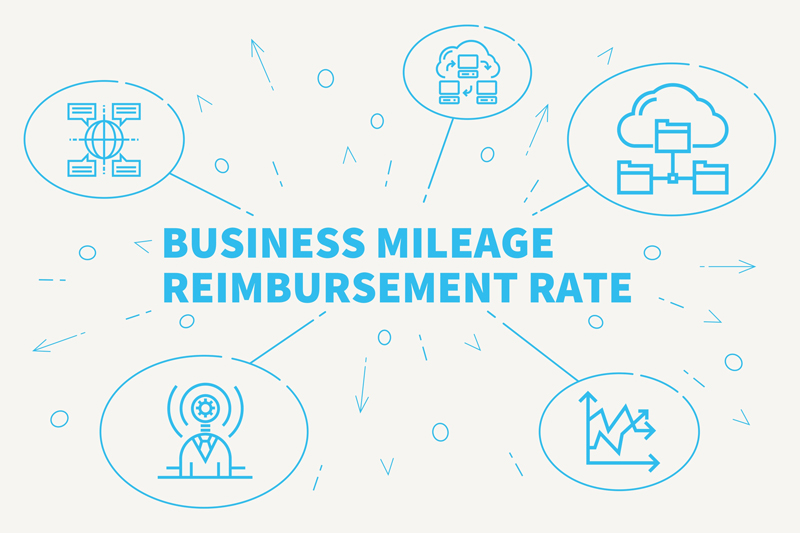Shifting the Burden of Proof
The City Commission recently passed new legislation that will change the landscape of landlord-tenant proceedings, specifically eviction matters. The City worked in conjunction with an eviction task force that Nan Whaley organized in 2019. City officials say that the changes are designed to help curb evictions. This legislation is the latest measure in the City of Dayton’s initiative to ensure that all Dayton residents have access to stable housing. These changes will undoubtedly impact the way evictions are processed moving forward.

On June 3, 2020, the City of Dayton adopted an amendment of Section 93.70 Landlords and Tenants of the Revised Code of General Ordinances. The legislation sets forth significant changes, including new limits on the amount of late fees that landlords can charge tenants. Late fees are now capped at 5% of the monthly rent, up to a $25 limit. The legislation also prohibits landlords from charging interest on late fees, and prohibits assessing multiple late fees for one payment. Mayor Whaley expressed concerns stemming from the economic impact of the COVID-19 pandemic, anticipating an increase in evictions as a result of business closures and staffing changes. The legislation also cites public health concerns, seeking “to avoid unnecessary housing displacement to protect the City’s affordable housing stock and to prevent housed individuals from falling into homelessness[.]”
The eviction task force also recommended to the City Commission that the burden of proof concerning whether a rent payment was made be shifted from tenants to landlords. The task force identified that many low-income tenants do not have bank accounts or electronic payment methods, which can make it difficult for tenants who pay rent via money order or cash to show proof of payment. As a result, the new legislation requires that if a landlord did not provide a receipt to their tenant, then the burden of proof shifts to the landlord to prove that rent was not paid. This rental receipt requirement does not apply to electronic payments, such as ACH and credit card payments. Debra Lavey, member of the task force and senior attorney with Advocates of Basic Legal Equality, believes that this new legislation is a step towards more comprehensive changes in local and state policy.
If you are a landlord or property management company and want to know more about how this new legislation will impact your operations, contact Ebony Davenport at edavenport@pselaw.com or one of the attorneys of Pickrel, Schaeffer & Ebeling at (937) 223-1130 to discuss this issue or any other matter.












